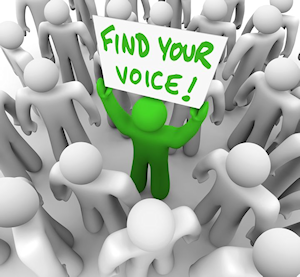Tag Archives:ASSERTIVENESS
Assert Yourself! share
 Feeling like you have the ability to speak up and effectively express your thoughts and opinions in a respectful way, even if things don’t always go your way, is an important part of relieving anger, anxiety, and depression. The ability to be assertive is a skill that can be learned and developed, so if this is hard for you now, it doesn’t mean it will be forever. (Remember…Growth Mindset!)
Feeling like you have the ability to speak up and effectively express your thoughts and opinions in a respectful way, even if things don’t always go your way, is an important part of relieving anger, anxiety, and depression. The ability to be assertive is a skill that can be learned and developed, so if this is hard for you now, it doesn’t mean it will be forever. (Remember…Growth Mindset!)
The Centre for Clinical Interventions is an Australian-based agency/website that appears to be connected to their government services. It has resources to help people to learn/improve many different mental health related skills. One such resource is their Assert Yourself! workbook. It is a series of modules that teach you what assertiveness is compared to aggressiveness or passiveness and then moves on to teach you skills so that you can learn how to assert for yourself, even in challenging situations. Leaning how to communicate assertively can actually be a life-changing skill because you are more likely to be able to get your needs met and you are better able to diffuse/avoid potential conflict with others. The website recommends that you complete one module before going on to the next. Each module includes information, worksheets, and suggested exercises or activities.
TED Talk: Your Body Language Shapes Who You Are presented by Amy Cuddy, PhD (video) share
Using research science to back up her ideas (in a very NOT boring, sciency way) Amy Cuddy tells us how a simple thing like our posture affects us (our body chemistry and how we perceive ourselves) and other’s perceptions about us. Increasing how mindful we are about our body language, can impact things ranging from job success to that special person saying, “Yes!” when you ask them out for the first time. Through pictures, contemporary media clips, and interactions with her audience, Dr. Cuddy demonstrates what she has learned from her colleagues’ research and her own in a way that is easy to understand and entertaining to watch. I guarantee you’ll be sitting up straighter by the end of the video!
ADDENDUM (March ’16): The Effect of “Power Posing” Likely Depends on Context


